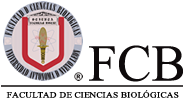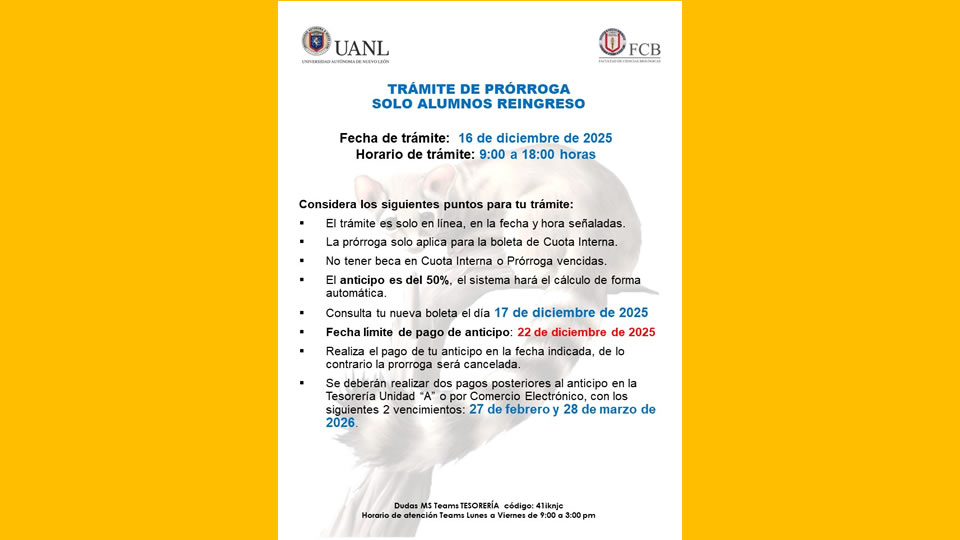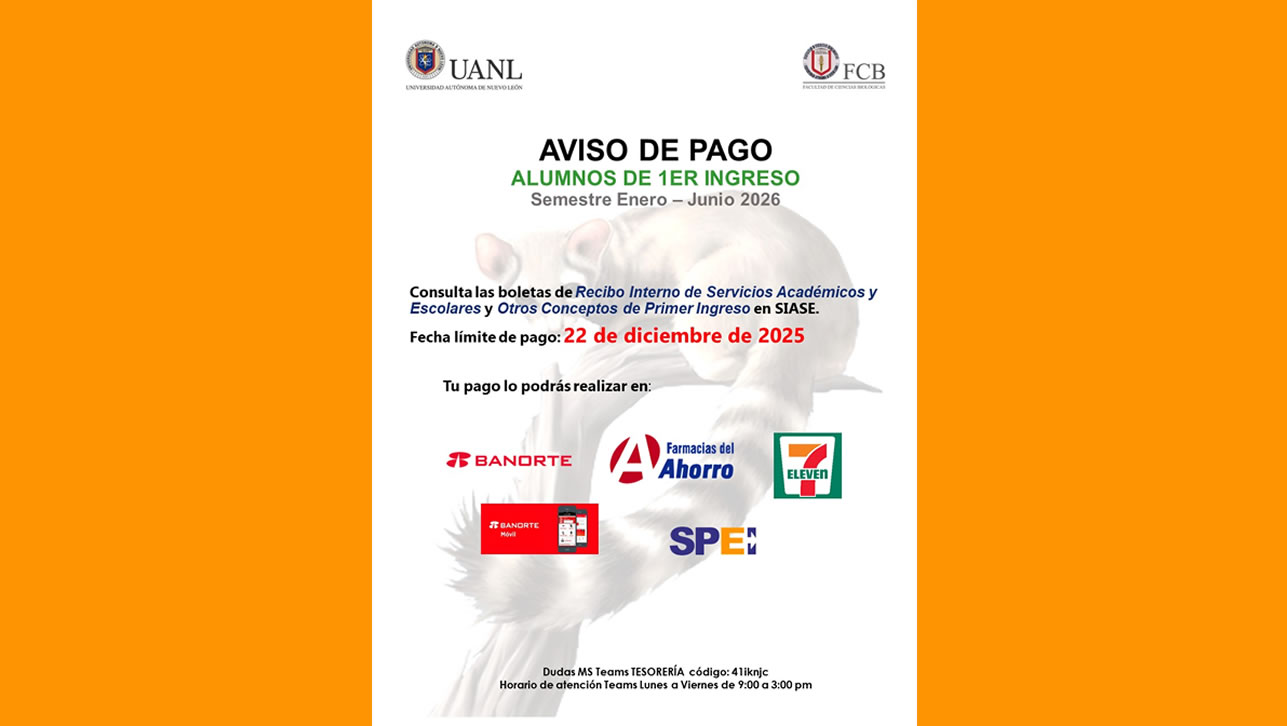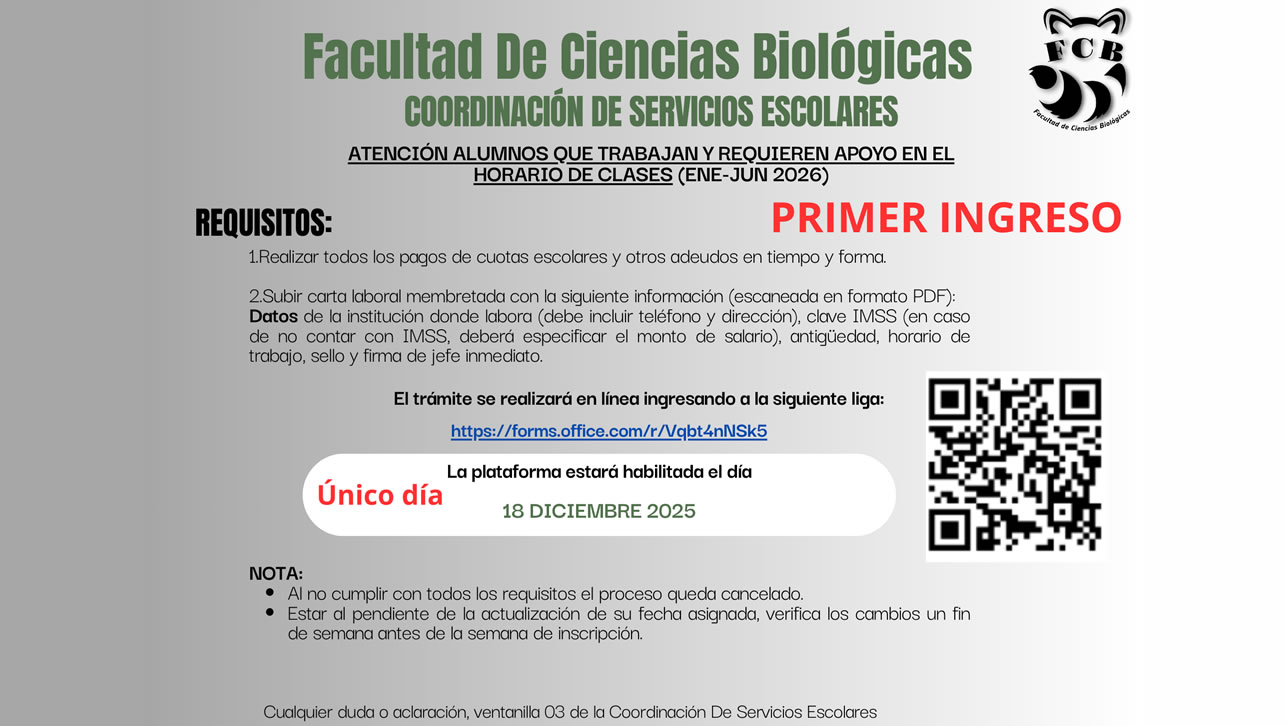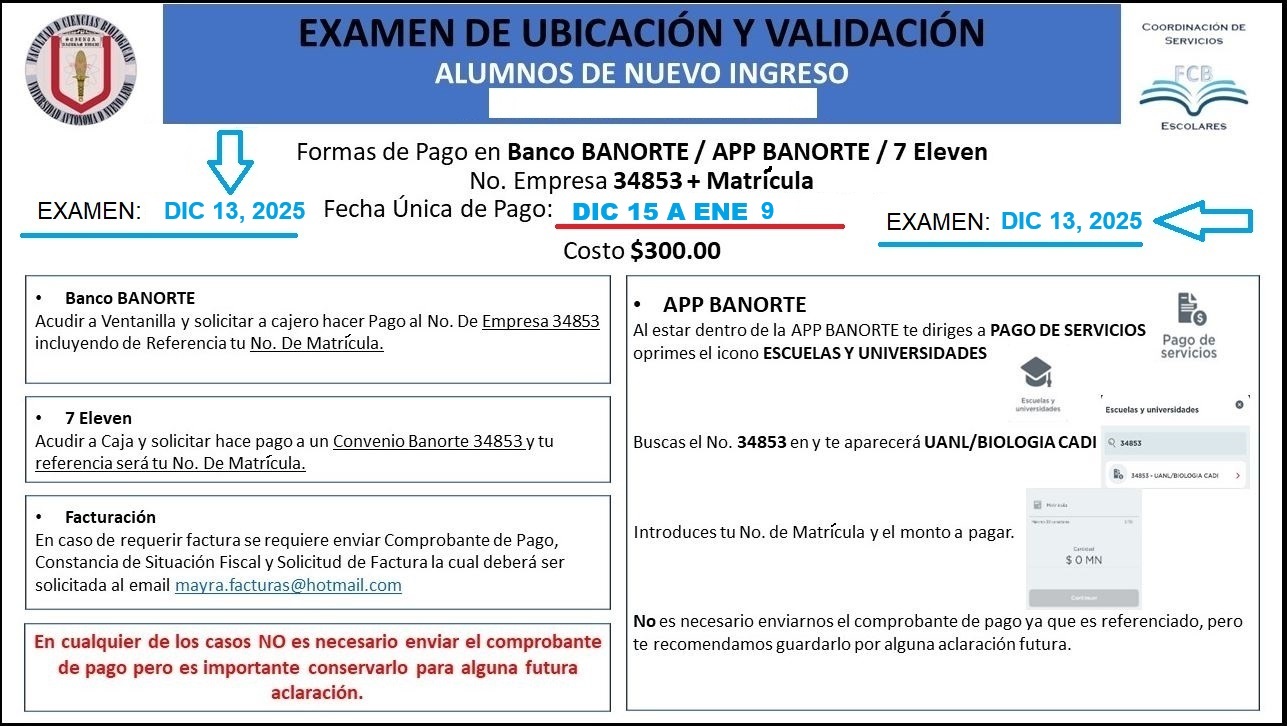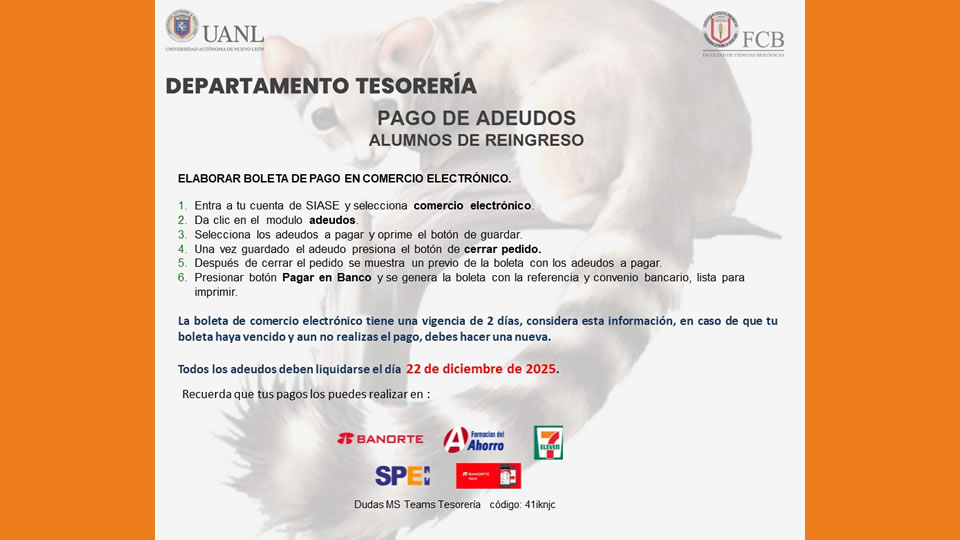General Objective
This program prepares researchers that generate solutions to insect-transmitted diseases. The knowledge acquired during the program allow our graduates to focus their studies in the vector-disease-environment triad, with a clear perception of the host’s socioeconomical reality.
Our graduates analyze the biology, physiology, ecology, and epidemiology of the vector. Their academic training includes knowledge of chemical and biological control methods as well as strategies that require community participation.
Curriculum
The doctoral program in medical entomology is a three-year-long program (six semesters).
Those admitted must agree to be full-time students. The program is designed to be completed in the allotted time, including research, dissertation preparation, and final exam.
Thos e students who enter the direct doctoral program must take courses. The program’s curriculum includes:
General courses
Medical entomology
Vector biology and control
Insect physiology
Biostatistics
Supporting courses
Tropical medicine and higiene
Vector biology and control
Aquatic entomology
Medical parasitology
Biosystematics
Insect toxicology
Research lines
New control methods
Vector biology and ecology
Taxonomy
Molecular genetics
Entomologic epidemiology of vector-transmitted diseases
Malaria
Dengue
West Nile virus
Leishmaniasis
Graduate profile
Our graduates are capable of continuing research in fields such as vector biology, taxonomy, ecology, and molecular genetics using several laboratory techniques ( PCR, ELISA, RAPD-PCR, etc.), teach, or compete for a post-doctoral fellowship.
